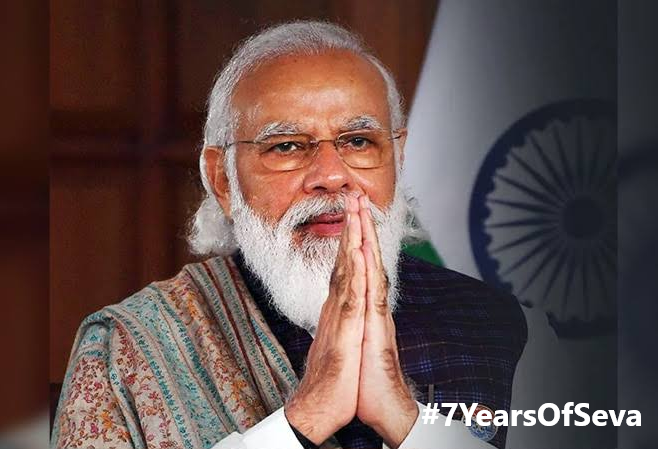Modi Govt’s Landmark judicial reform – Mediation Bill, 2021


In the winter session of 2021, the our Law minister KIREN RIJIJU introduced a bill named Mediation Bill, 2021. It has been referred to a Parliamentary standing committee. Once the committee submits its report, it will be taking up in Parliament for voting and passage.
We have seen, at many places the village elders or a village sarpanch or a municipal corporator mediate and settle disputes free of cost OR at a very little price. This prevents many disputes from coming to the courts and further burdening our Judiciary. But even after the mediation agreement is reached, it is seen, either or both parties don’t obey the agreement even if they agreed to it earlier. This makes many people lose trust on mediation.
Indian judiciary is already overloaded. This bill giving a legal cover to institutionalized mediation will surely help many cases go out of the judicial system. Especially many civil or commercial disputes can be settled using such mechanisms.
Lets understand the details of the proposed law.
Hence, in my opinion, once the law becomes an act and is implemented on ground, it will revolutionize Indian justice delivery system.
Source: https://prsindia.org/
DISCLAIMER: The author is solely responsible for the views expressed in this article. The author carries the responsibility for citing and/or licensing of images utilized within the text.
